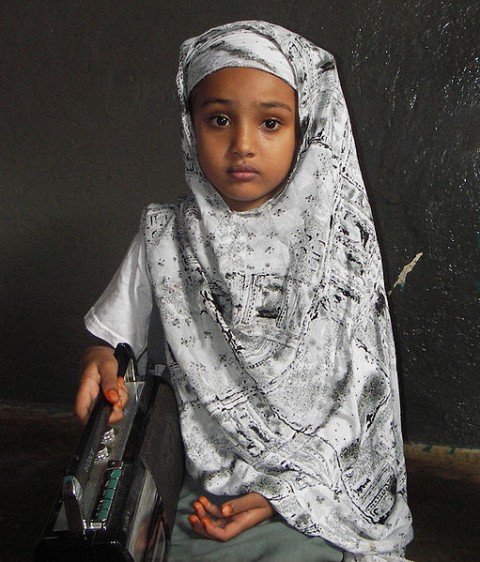In the aftermath of the conference in London on Somalia, I offer a wrap-up of the best articles and books to read on the country.
In the past week, there has been a number of excellent pieces on what the international community has done wrong in the past, and how it might do better going forward.
In general, they all suggest that the focus should be on what is working—in places such as Somaliland, Puntland, and Galmudug—rather than on any foreign blueprint for success.
Past initiatives have repeatedly attempted to impose a centralized bureaucratic governing structure on the country, a structure ill-suited to Somali society. Such efforts have never been effective and have only aggravated domestic tensions.
While the country would benefit from some central institutions—such as a central bank and a mechanism to resolve disputes between clans—Somalis have no successful experiences working with these entities.
Instead, Britain and others trying to help Somalia must focus more on the local or regional level. Clans have helped destroy Somalia’s centralized governments, but clans can be instrumental in helping rebuild national governance. Indeed, the few places in Somalia where there is some semblance of workable rule depend on traditional systems of governance rather than on a centralized authority.
Both Alex de Waal in the International Herald Tribune and myself in the Christian Science Monitor argue along these lines.
The Guardian had a nice set of articles in the run up to the conference. I especially liked Simon Tisdall’s and Mary Harper’s contributions.
The BBC has a good summary of the conference results here.
The Economist argues that security, food, and business must be prioritized here.
Reading the more in-depth analysis available in books or essays from journals should be required for anyone working on the country—whether at the policy level, in an NGO, or for the media. It is incredible that after 20 years of state failure in Somalia—and at least 14 attempts by the international community to rectify this—so many people in positions of authority still do not grasp the fundamental issues.
Mary Harper’s excellent new book, Getting Somalia Wrong: Faith, War and Hope in a Shattered State, provides a nice starting point:
The perspective of the country as a ‘failed state’ is dangerously limiting; in spite of the apparent chaos and lack of central authority, there are aspects of society that have continued to function effectively, even in the regions most badly affected by conflict. Some such as trade and communications, have thrived, particularly in the money transfer, mobile phone and livestock sectors. . . . Large areas are quite peaceful, with their own administrations, legal systems and economies.
Duncan Green reviews it over at his Oxfam blog.
Read anything by Ken Menkhaus. He consistently produces the most articulate material on the country. For instance, see “Governance without Government in Somalia: Spoilers, State Building, and the Politics of Coping” in International Security, ‘‘Somalia: Political Order in a Stateless Society’ in Current History, and “Somalia: A Country in Peril, a Policy Nightmare” for the Enough Project.
I have published “Rethinking State-building in a Failed State” in The Washington Quarterly and “The Remarkable Story of Somaliland” in the Journal of Democracy.
Bronwyn Bruton also writes very good material on the country. See her report for the Council on Foreign Relations.
Kidane Mengisteab’s article for the Nordic Africa Institute provides an excellent overview of the key issues affecting the whole Horn of Africa. See my review “Critical Factors in the Horn of Africa’s Raging Conflicts.”
Novels by Nuruddin Farah and other Somali writers are also worth exploring.
This map of Somalia explains its complex clan dynamics.
If the international community aims for slow, incremental progress that builds on Somali strengths, it could play a pivotal role in bringing about change. Somalis certainly deserve–and are ready for–an end to the violence and war that plague them.




